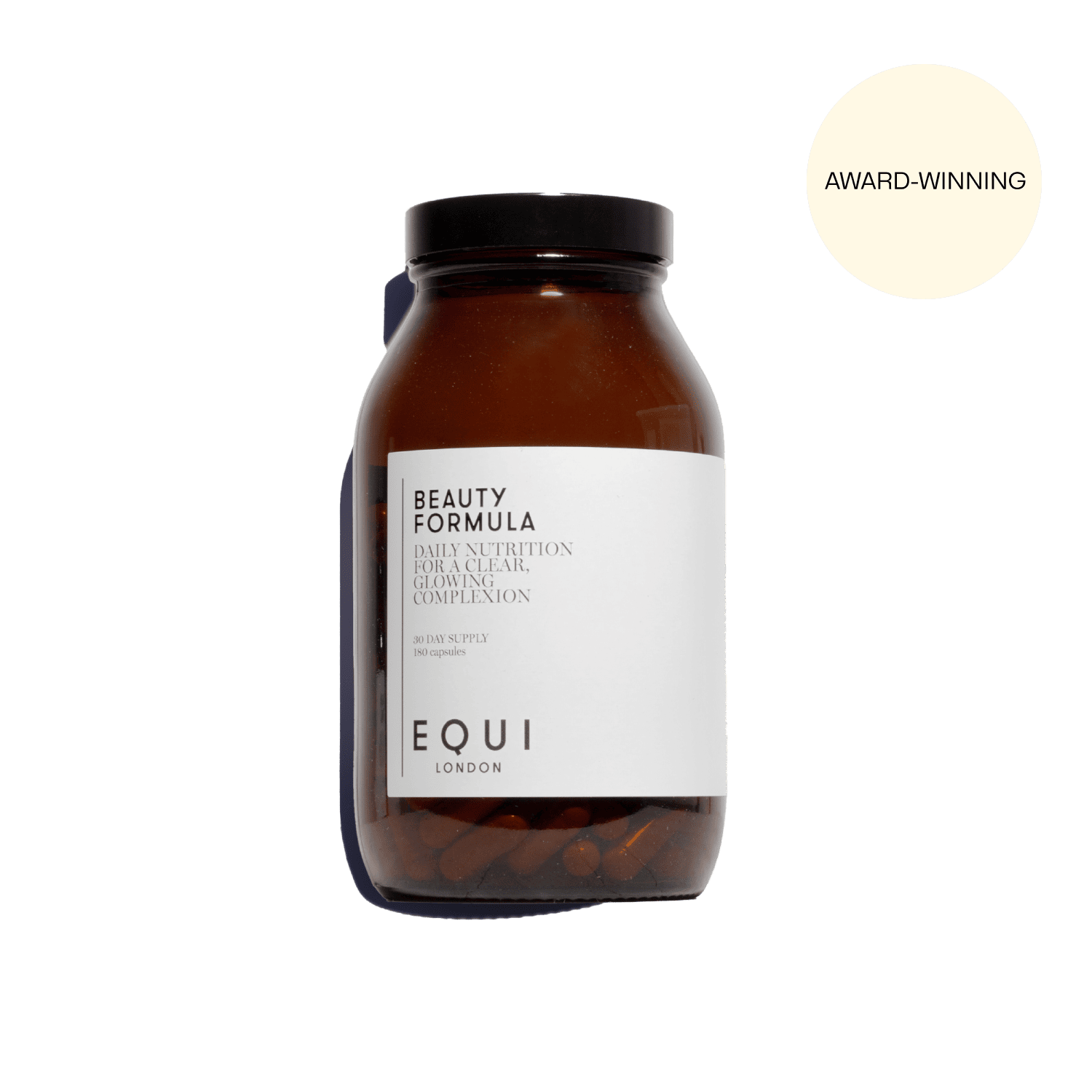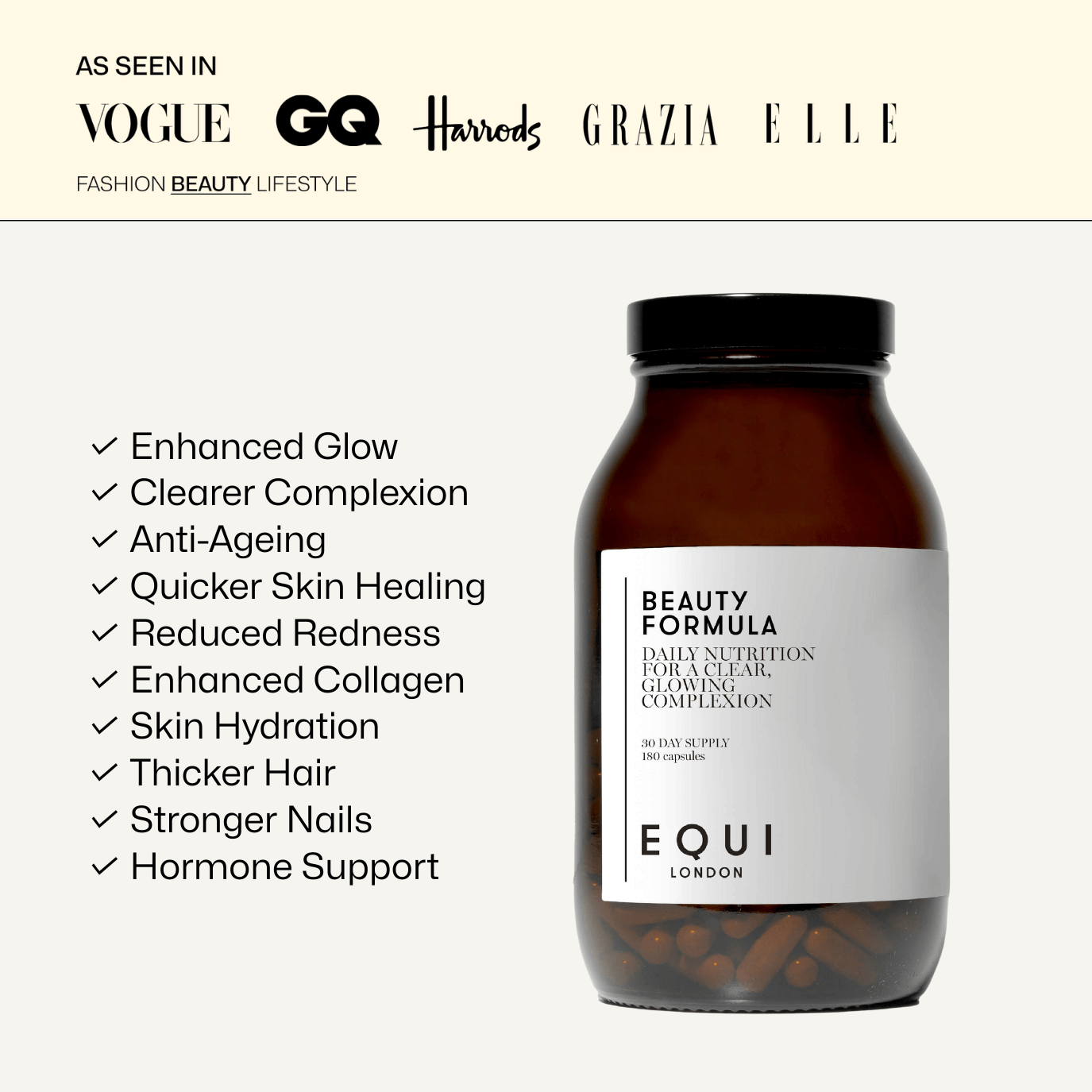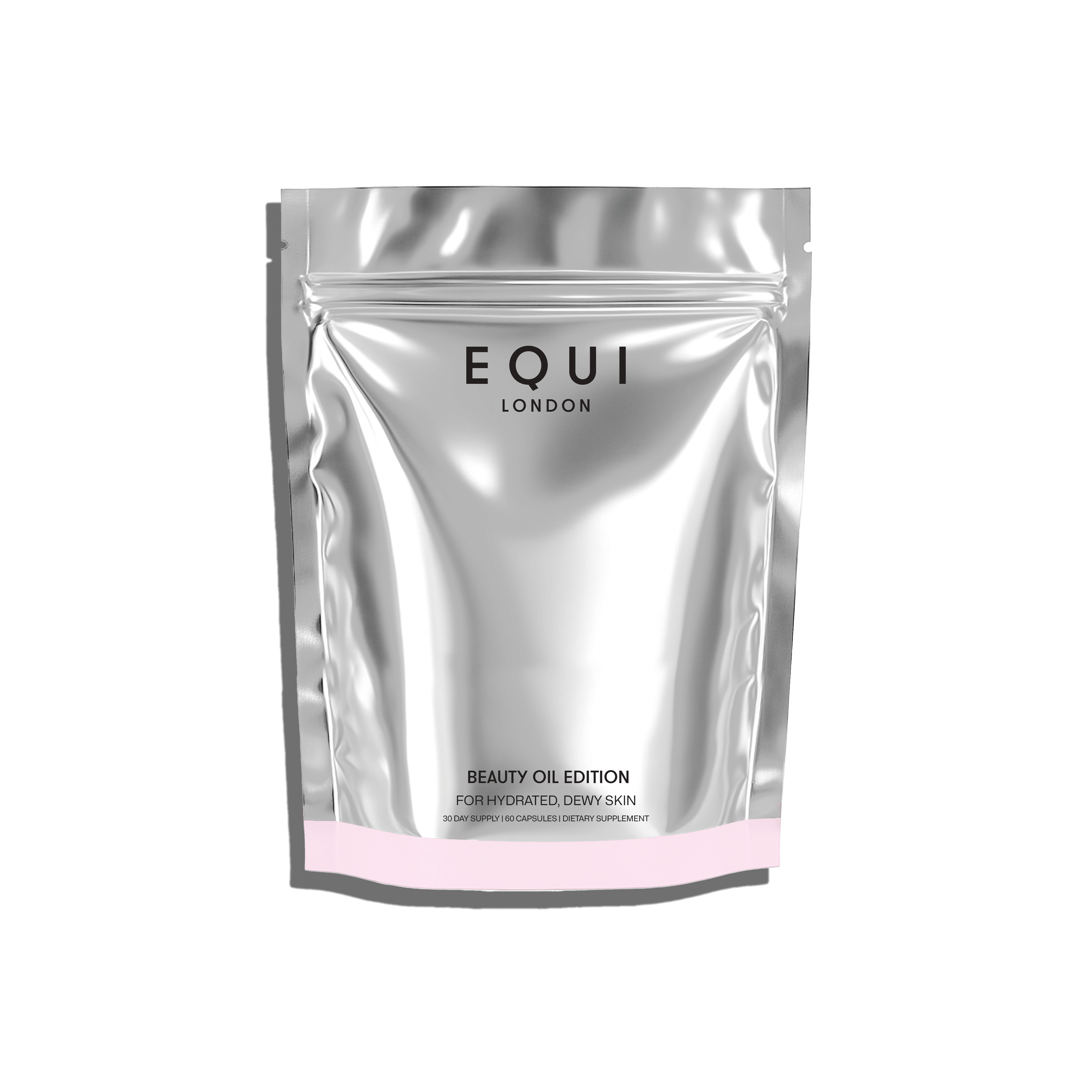
Expert Advice For Those Who Can't Sleep
We quiz Tracy Hannigan (AKA The Sleep Coach) on some of the internets most asked sleep related questions…
Sleep - one of the things our bodies should do naturally, however, for many it is a struggle. Over 36% of adults in the UK struggle to get to sleep on a weekly basis, with over 1 in 5 having difficulty with sleep every night. Women have it worse than men, and those in their middle years even more so. Overall, sleep quality and quantity has worsened for people over the last couple of years, as major routines have changed with working from home and other pandemic restrictions.
But what is the real low down on sleep - how much do we need, how can I get back to sleep quicker when I wake up, and does that weekend lie-in screw up my weekly sleep?
Here we quiz Tracy Hannigan (AKA The Sleep Coach) on some of your most asked questions to help you get a better night…
How many hours of sleep do we really need?
One of the biggest myths I hear around sleep is that we all need 8 hours. This is like saying we should all wear the same sized clothes or eat the same number of calories. When it comes to sleep, everyone’s needs are different. The amount of sleep you need should be based around how much allows you to fall asleep within approximately 20 minutes (but not less than 5), for you to wake a couple of times during the night and fall back asleep (within 10 minutes or so) and for you to then wake feeling refreshed. Trying to sleep for 8 hours when you maybe only need 7 can actually interfere with getting the good sleep you need.I feel sleepy during the day. Why is this?
Generally speaking, if you are falling asleep in ordinary situations in the daytime (vs feeling fatigued) you should get screened by a professional for a non-insomnia type sleep disorder. This is because these problems are characterised by excessive daytime sleepiness whereas insomnia is more fatigue levels and an inability to sleep or nap.I’ve got insomnia. What is your best advice?
My number one tip is to stop looking at the clock. Or your wearable watch. Monitoring sleep is not beneficial and only exacerbates sleep anxiety. Knowing the time at night does not give you any ability to be able to do anything about it. Don’t try to ‘catch up’ on sleep by staying in bed ‘chasing sleep’ and don’t cancel activities and things you love to do, even if you are tired.Another important thing to realise is that not all sleeplessness is insomnia. There are over 85 other sleep disorders, and some are very easy to confuse with insomnia, even amongst professionals. If you are diagnosed with another common sleep disorder - sleep apnoea - follow your doctor’s advice. The risks of not treating something like sleep apnoea include longer term severe health consequences, particularly to your cardiovascular health. If you notice twitching of your toes, fingers or limbs in general, this could be a sign of other kinds of sleeping disorders that need investigation.
I struggle to fall asleep. What can I do to help?
Falling asleep can be aided by having a good buffer zone between the end of your day and the wind down period before sleep. This really helps our mind to stop racing and thinking about things. When our arousal level is high, it’s near enough impossible to fall asleep. Try setting asides a good hour to have a bath, read a book or listen to some music. Keeping away from screens and blue light is also wise and won’t stimulate your brain further.I find it difficult staying asleep.
Staying asleep can be affected by many different health and sleep disorders but some of the most common reasons for waking up at night include alcohol consumption, sleep apnoea, thyroid problems, menopausal problems. I’d always suggest consulting your doctor to get these things ruled out or addressed. Checking the clock can also be an issue. If you’re worrying about not sleeping and counting the minutes at night, you reinforce the idea that there is a ‘threat’. Knowing you were awake at 2am for 37 minutes makes us more alert and more likely to wake us up even further. The being awake is not the problem, it’s the fear of being awake that is.
I find it difficult to get up during the week so always lie in at the weekends. Is this problematic?
Sleeping in at the weekend will mess up your sleep drive and I always advise trying to wake up at the same time of day no matter how you slept the night before. Doing this consistently can really help you to have better quality sleep in terms of falling asleep, staying asleep and feeling well rested.
How else can I improve my sleep drive?
Other ways you can help your sleep pattern include not napping during the day and being physically active. These will all aid your ability to fall asleep better at night.
What is the biggest mistake we make when it comes to sleep?
This may sound backwards but the biggest mistake people make is thinking about it too much. We all have times in our life when arousal is high – exciting events, stressful times and big changes. These are all common occurrences and it’s totally normal to have rough patches of sleep. Worrying about this alerts our threat radar on the issue of sleep and can then create longer term sleep problems than last well beyond the event that may have initiated it. The biggest mistake good sleepers make it not having clear boundaries around aspects of their life which can lead to sleep problems. These include lifestyle choices such as staying up late and not having a health relationship around work/life balance.
Stress is really impacting my sleep. What can I do?
Heightened stress levels can make sleeping very difficult which in turn then makes people worry about their sleep further and potentially fuels a cycle of insomnia. If you’re going through a stressful period, there are a variety of stress management techniques which can help. One of the best ones is to try and deal with stress during the day so it’s less likely to disrupt you at night. If you’re particularly stressed at work for example, getting into a good routine of prioritising winding down and switching off can really help. Working right before bed and not allowing yourself time away from screens makes it very hard to drift off.
Talking of work, how do certain lifestyle habits play a factor?
The things we do throughout the day can have a dramatic impact on sleep. Working from home has also fuelled this problem with people waking irregularly (as they’re no longer commuting) and working late at night on their laptops. We are almost addicted to constant mental input and have forgotten how to relax and have down time. This is so important – especially in the evening as bedtime approaches. High levels of caffeine and energy drinks throughout the day also makes sleeping difficult so be mindful of this and keep your coffee to the mornings.
Can Adaptogenic Herbs Help with Sleep and Stress?
Hectic, stressful modern lifestyles that can put a strain on our bodies if we don’t look after them properly. A poor diet, full on work-life schedule, lack of sleep, travel, rigorous exercise regimes and general stress can leave us feeling tired-but-wired, with reduced concentration and a tendency to gain weight around the middle. Adaptogenic herbs have been used around the world, especially in Indian and Chinese medicine for thousands of years. Evidence shows that they work by helping the body to adapt to stress better so that you’re able to cope and have fewer side effects. Ashwagandha, Siberian ginseng, Schisandra, cordyceps and reishi have impressive clinical trials demonstrating their effectiveness, and at Equi we include one or two adaptogens or medicinal mushrooms in all Equi formulas (bar Pregnancy Formula) for this reason.
Does Magnesium Help with Sleep?
Magnesium is an indispensable minerals, needed for hundreds of bodily reactions, including helping our sleep cycles. Unfortunately, we use up our magnesium at an increased rate when we’re really busy, stressed, or not getting good sleep. Working out or lifting weights also increases the body's demand for magnesium, and you’re at a higher risk of deficiency if you don’t eat plenty of green leafy veggies, whole grains, beans, pulses and seeds.
Magnesium is great for relaxing muscles and tension, which can really help you switch off and stay calm. Ideal after a stressful day at work, or if you are just a bit wound up (we can relate!).
The best magnesium-rich foods are green leafy veggies like kale, chard, spinach and cabbage, as well as oats, banana and raw cacao. When it comes to magnesium supplements, it is a big and bulky nutrient, so most multivitamins fall far short of what you need because of a lack of space. Find a supplement that contains 200-300mg magnesium glycinate or chelate, or try an Epsom salt bath or a magnesium spray/moisturiser, such as Neom's new Body Butter, which also contains calming essential oils. We add 200mg of magnesium glycinate to our Menopause Formula, since peri-menopause can often be a time where sleep can be disturbed.
For more information, get in touch with Tracy via her website or Instagram - @tracythesleepcoach
We would love to hear from you! Drop us a line, or check out our Instagram or Facebook to see what we are up to and hear about exclusive offers.
Disclaimer: Certain supplements are used for different reasons and a one-size-fits-all approach shouldn’t be adopted. In addition, pregnant women and anyone on medication should always consult a doctor before embarking on a supplements programme. As with all articles on www.equilondon.com, this is no substitution for individual medical or nutritional advice.












